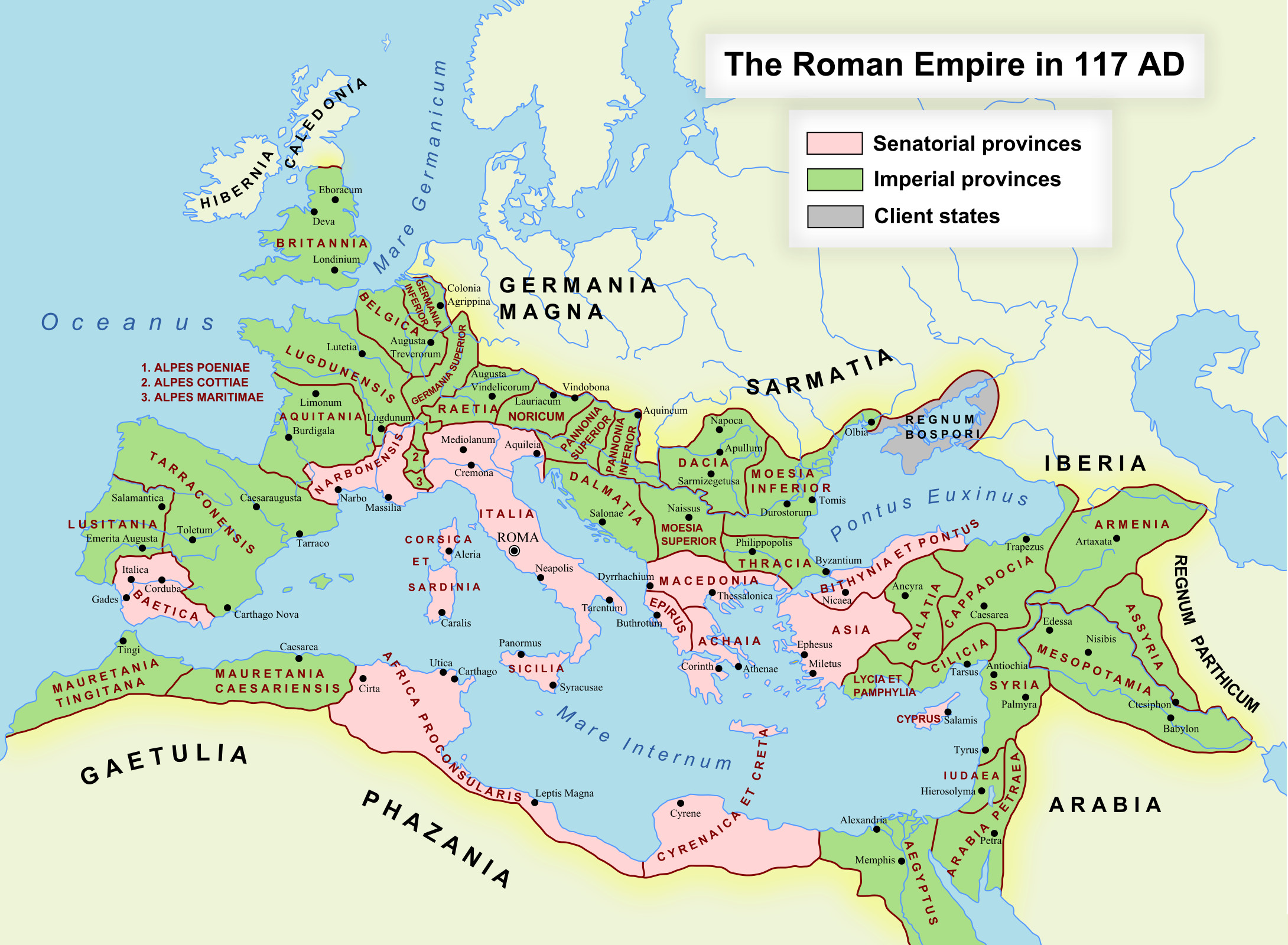White Nationalist Cognitive Dissonance - April 26th, 2015
The notes for both parts 1 and 2 of this presentation have been developed into an article for the Saxon Messenger, with the same title: White Nationalist Cognitive Dissonance
The notes for both parts 1 and 2 of this presentation have been developed into an article for the Saxon Messenger, with the same title: White Nationalist Cognitive Dissonance
The following are William Finck's opening remarks:
We are going to play a tape, actually a YouTube video, of a man who is interviewing several PhDs and science students, and asking them for one observed instance of macro-evolution. While micro-evolution is often used for what may better be called the adaptation of species, macro-evolution is the actual changing of one identifiable kind, such as a cat, into another identifiable kind, such as a dog or a cow. Evolutionists play with the word species, and when it comes to macro-evolution they are challenged by the concept of kind. When they are cornered, as one PhD in the video was cornered, they insist that by adding an unspecified but very long amount of time, macro-evolution somehow happens. But they cannot prove that it has ever actually happened, and it has never been observed to happen. Therefore macro-evolution is a religious belief, and it is at least as fantastic a belief as those of any other religion. One PhD interviewed was forced to admit that evolution in this regard is a “belief”, even though he was very reluctant to do so. Other PhDs were speechless and fumbling when challenged on macro-evolution. Textbooks and journals, which hypothetically extrapolate entire genera from the bones of certain long-dead animals, are merely promoting conjecture which does not at all amount to valid science.







 Please click here for our mailing list sign-up page.
Please click here for our mailing list sign-up page.








Recent comments